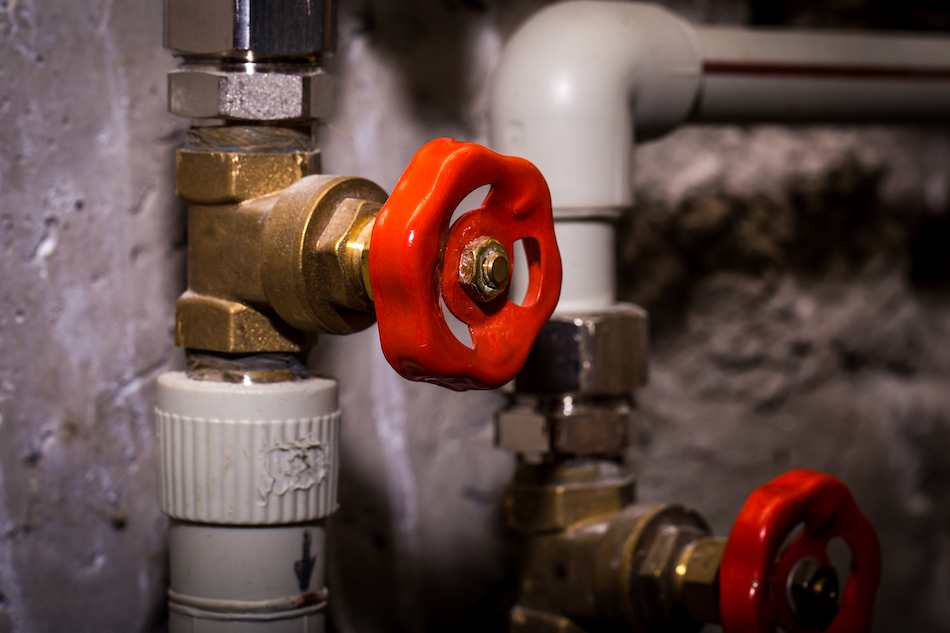Water damage is one of the most common insurance losses, from plumbing leaks to a sewer back-up. It’s no surprise that these everyday losses contribute to increasing insurance premiums. In fact, only hail and wind cause more harm than water! That said, property owners have a massive task in mitigating water damage risks. So, let’s talk about water damage loss and how property owners can manage this particular threat.
Understanding One of the Most Common Insurance Losses
Water damage can occur in many ways. What’s more, nearly one in every fifty insured property owners file a water damage claim every year. And not all claims are separate incidents. For example, consider the 2021 winter storm in Texas. That specific storm eventually caused more than 500,000 insurance claims, costing policyholders and the insurance industry billions upon billions of dollars.
Aside from massive deep freezes or other natural disasters, the most common reasons for water damage include:
- Burst pipes during a power outage
- Leaky or shoddy plumbing
- Sewer back-up
- Malfunctioning appliances (water heaters are top culprits)
Commercial property owners must understand that water damage is a more significant threat than theft or even vandalism. Plus, although fires pose a massive threat to properties scattered over the US, water is seven times more likely to cause damage than fire. Lamentably, water damage losses are increasing in frequency and severity.
How These Losses Impact the Insurance Industry
The insurance industry is cyclical, with a unique ebb and flow to its trends. Underwriters respond accordingly when a surge of massive claims leaves a mark on loss records. Typically, this approach results in higher premiums when losses are significant, and lower premiums when risks are low.
Winter Storm Uri undoubtedly impacted the cost of insurance. However, the influx of water damage losses isn’t only impacting premiums; it’s influencing how insurers write policies. For example, many unsuspecting Texans were surprised to learn of their plumbing-related insurance limitations regarding water damage and freezing weather conditions.
Also, it’s not unheard of for carriers to alter policy language to transfer more risk and responsibility to the policyholder. We’re talking about routine maintenance, additional precautions to avoid water damage, or timely and bona fide repairs. Of course, none of these things are inherently wrong; however, it does shift more risk to the policyholder.
Still, an excellent approach to risk management is to work closely with a trusted broker to review your policy details. Adequate coverage is a must-have safety net for commercial property owners.
12 Tips to Prevent Water Damage Loss
The only situation better than having to file a water damage insurance claim is never experiencing the loss in the first place. And there are plenty of preventative measures you can take to protect your property from these costly losses. Here are twelve practical ideas to get you started:
- Insulate pipes in unheated areas, inside or outside.
- Winterize plumbing lines when not in use (i.e., drain the pipes).
- Switch from rubber hoses to stainless steel braided hoses.
- Hire a qualified plumber to assess and update or repair your property’s plumbing system.
- Keep the indoor temperature at 55 degrees or above during the winter months.
- Install a heat monitoring system to ensure indoor temperatures remain above 55 degrees.
- Replace water heaters at least every ten years.
- Establish procedures for employees and tenants when water leaks occur.
- Use an automatic leak detection system.
- Also, use an automated water shut-off system.
- Install an Antifreeze Fire Sprinkler System.
- Seal building cracks around water pipe entrances.
In addition to taking preventative measures, make sure you work closely with an insurance professional to evaluate and develop a solid risk management plan. You must know the details of your coverage to understand what the policy covers and what it doesn’t. Don’t be shy about asking questions — knowing the answers could save you loads of frustration (and money) in the future.
For more helpful tips about managing the cold weather, see our post, 3 Tips to Help Commercial Property Owners Battle Cold Weather.
If you’re interested in learning more about your commercial insurance options, please visit our Contact Us page. We’re here to help!


